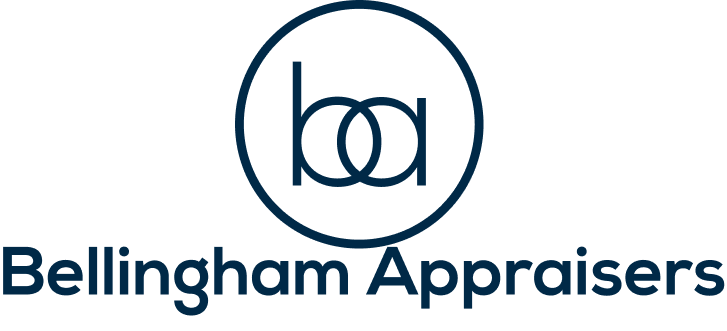Our answers to some of the most common appraisal questions customers might have.
What is an appraisal? How is it used?
A home appraisal is an unbiased estimate of the true (or fair market) value of what a home is worth. Lenders order an appraisal during the mortgage loan process so that there is an objective way to assess the home’s market value and ensure that the amount of money requested by the borrower is appropriate. The appraisal can include recent sales information for similar properties, the current condition of the property, and the location of the property, i.e., insight as to how the neighborhood impacts the property’s value.
Who appraises the home and how do I know they will do a good job?
Our appraisals are conducted by highly-trained professionals who are certified to determine the value of a home fairly, objectively and without bias.
While no appraiser is infallible, their opinion of the value of your home is informed by rigorous training, numerous tests, years of on-the-job experience and required continuing education. Appraisers are also required to substantiate every finding in their reports that could influence a home’s value. They are also are heavily regulated. Consequences of issuing deliberately misleading or biased reports can be severe, so appraisers work hard to remain impartial and keep personal value judgments and prejudices out of their work.
What are Appraisers really looking for?
Appraisers look at the condition of what’s permanently part of or attached to the house. They’re not evaluating the décor or furniture or anything that’s not affixed to the property; what’s most important are your home’s physical characteristics (age, square footage, the number of bedrooms and baths, lot size, location, view) as well as their observable condition.
How can I boost my home’s appraisal value?
If you’re trying to sell your home, there are lots of things you can do to improve your home’s appraised value.
- Unmade beds or a few dirty dishes won’t affect your value, but plaster cracks, water-stained walls, soiled carpeting, pests, or persistent odors might. Patch the walls and do other touch up work to put your best face forward.
- If there’s a repair over $500 that can or should be made, do it. Fix leaky faucets, broken windows and cracked ceilings.
- Check your curb appeal. Overgrown landscaping and broken garage doors will work against you and your appraisal—especially if property values have declined in the neighborhood. Take the time to make the outside of your home look like someplace you’d want to buy or visit.
- Itemize your improvements. Jot down any repairs and updates you’ve made over the years, when you did them and how much they cost. Remember the items that an appraiser might not notice, like a new roof or insulation. Even minor items like a new kitchen sink count too. Please note that improvements do not represent a dollar for dollar increase in value, but every little bit helps!
- If there have been positive changes to your neighborhood—like new schools or new roads—let the appraiser know.
- Don’t show your age. The newer your home appears to be—regardless of its actual age—the better. Bring carpet, tile, windows and other permanent fixtures into the 21st century!
How do I reach you?
Reach out to us through the Contact page above, by phone (360-733-3030), or by email ([email protected]), and we will get back to you promptly.
